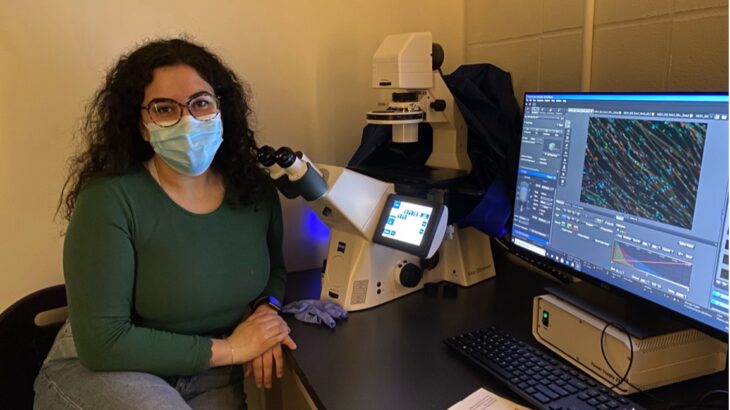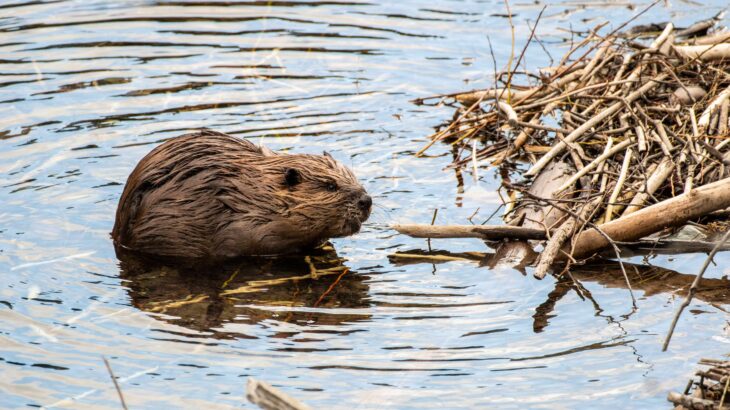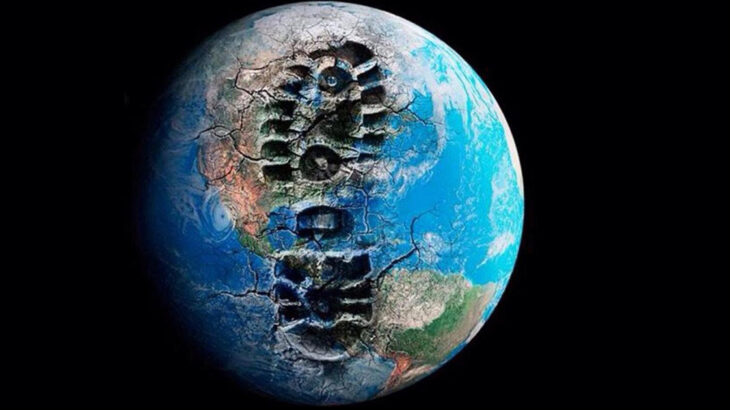
By Amanda Scanga, Science in Society co-editor Taking on a PhD requires hard work and sacrifice that can be overwhelming at times. Romina Filippelli, a first-generation PhD student at McGill University, is doing her best to enjoy the journey towards her doctoral goal. Romina was recently granted the Vanier scholarship: one of the most prestigious […]







